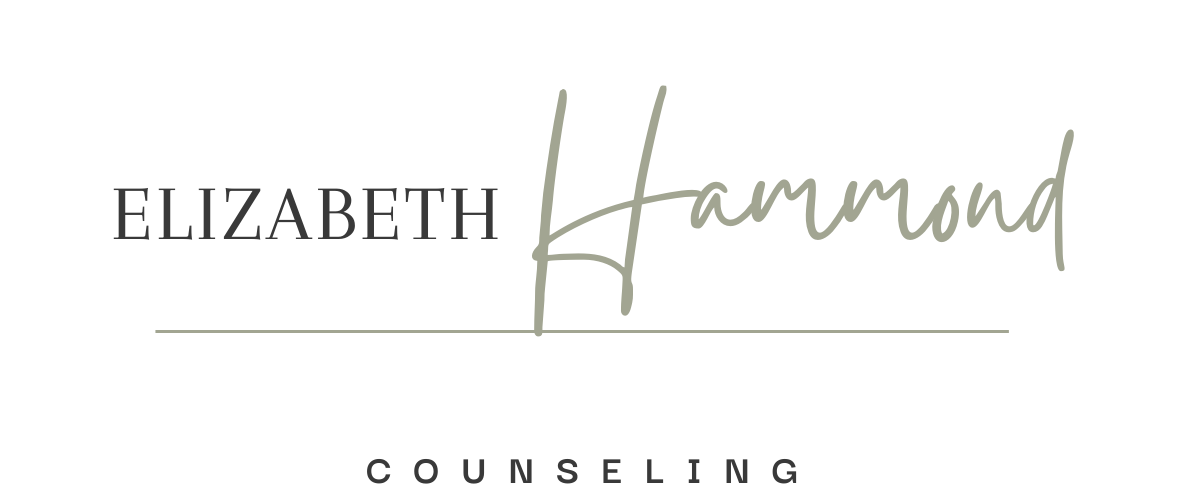54% of the LGBTQIA+ community report having an eating disorder.
That is six times higher than the general United States population. It’s no wonder, then, that so many of my clients are part of the LGBTQIA+ community.
As you seek to repair your relationship with food, you may be looking for a therapist who:
Understands the unique barriers and challenges of the LGBTQIA+ community in finding appropriate treatment.
Realizes there is a connection between an anti-LGBTQIA+ culture and eating disorders.
Is respectful of your identity and how you express it.
You do not have to face your eating disorder alone.
It may feel impossible now, but with support you can overcome your eating disorder. You can:
Understand how societal pressure to silence yourself, your identity, and your needs leads to eating disorders.
Learn to connect with your body, strengthen your relationships, and find community.
Identify the tools you need to make peace with food.
My approach to trauma therapy is rooted in the fact that oppression leads to disconnection, and disconnection causes eating disorders. I know that we cannot talk about eating disorders without addressing our society and culture.
Frequently Asked Questions
-
I identify as a straight cis woman. I seek to earn the title of an ally to the LGBTQIA+ community through my actions and the care I give my clients
-
Any person who faces oppression faces an increased risk to develop an eating disorder. Many people survive oppression by disconnecting from their bodies - that connection is how we feed and nourish ourselves. We cannot address the eating disorder without addressing the oppressive structures in your society. I center my client’s voice and experience and treat them as the experts in their own care. In addition I support them in finding safe and supportive spaces where they can be their authentic selves.
-
While every person is different and has unique needs, in my experience any step towards expressing and connecting with your authentic self is helpful in eating disorder therapy. I am happy to discuss and evaluate for any documentation you need to pursue gender affirming care. If there are barriers to gender affirming care I can include reducing those barriers in the treatment plan.
-
To be honest, I didn’t set out to specifically specialize in eating disorder therapy for the LGBTQIA+ community. However, due to the significant risk in the LGBTQIA+ population for eating disorders, many of my clients are members of the community. In order to provide quality care, it was critical that I learn, and continue to learn, how eating disorders effect the community in unique ways.


